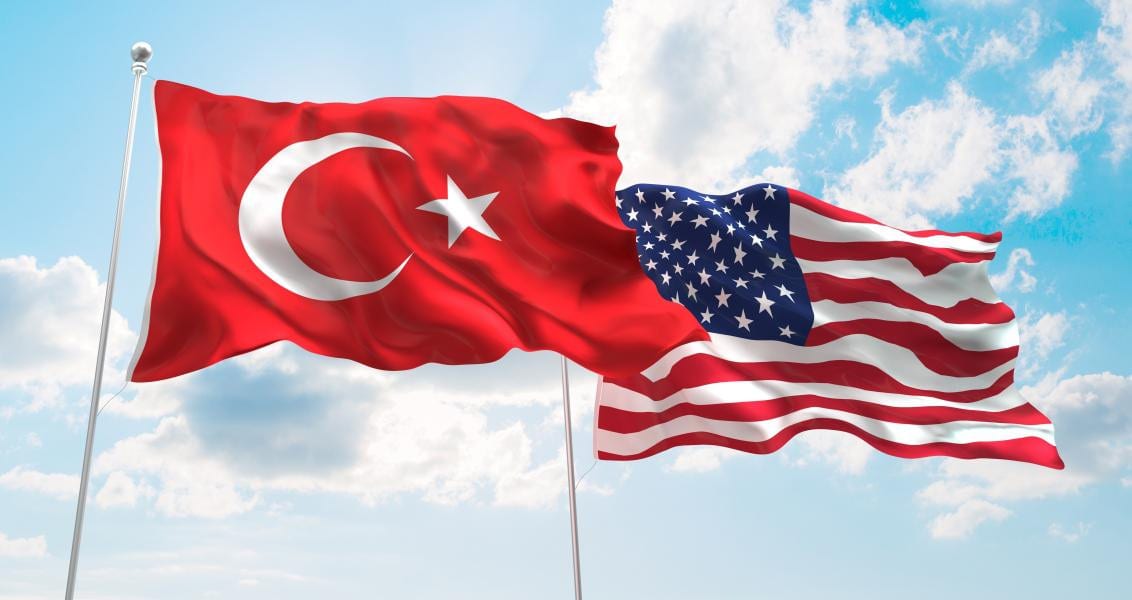By Ahval
Turkish President Recep Tayyip Erdoğan’s threat to shut down two bases in Turkey if the U.S. Congress approves a sanctions bill does not indicate a willingness to cut ties with NATO, but a strategy to use the alliance as leverage against Washington, Bloomberg said.
U.S. Defense Secretary Mark Esper has said that closing İncirlik and Kürecik airbases would make Turkey’s commitment to the alliance questionable. That has reignited discussions that Turkey poses a long-term risk for NATO, only weeks after a summit in London where all sides brushed problems under the carpet, Bloomberg said on Thursday.
The U.S. Senate on Tuesday passed the 2020 defence bill, which calls for the suspension of Turkey from the programme to build F-35 stealth fighters and to halt the delivery of 100 of the fifth generation jets over Ankara’s decision to acquire Russian S-400 missile systems. But Turkey may face harsher sanctions in the coming days as another bill approved by the Senate’s Foreign Relations Committee stipulates measures to be imposed under an act that targets entities doing business with Russia.
The Turkish threat “does not appear to indicate any willingness on Erdoğan’s part to break with NATO, but rather to use the alliance as leverage in a bilateral dispute with Washington,” Bloomberg said.
Neither İncirlik, nor Kürecik airbase are NATO facilities, they are Turkish-controlled bases that the U.S. has an agreement to use, subject to mission-specific permissions from the Turkish parliament, Bloomberg said.
Incirlik now merely acts as a depot for U.S. tactical nuclear weapons and a transfer hub for deployments to Afghanistan, according to Aaron Stein, director of the Middle East programme at the Foreign Policy Research Institute in Washington. But closing Kürecik, which hosts a U.S.-operated, but NATO-critical radar installation, may have more practical implications because of its strategic location, Bloomberg said.
What is more important than either base, according to Stein, is the “hardening assessment that while Turkey’s military ties to the United States and NATO are desirable, they are no longer essential.”









